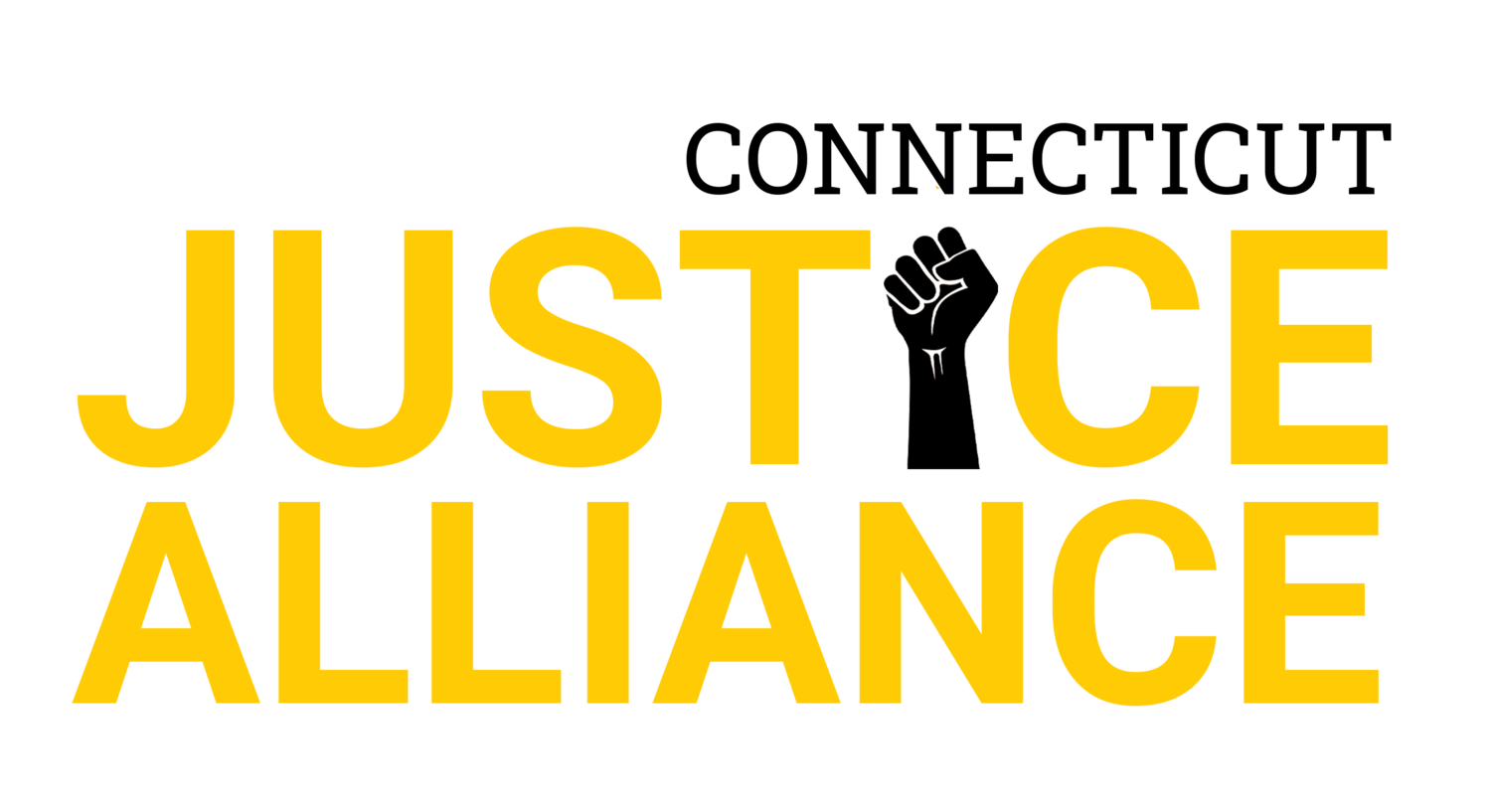
-
FWSN existed for many years as a court process with legal implications which could potentially result in a youth’s involvement deep into the legal system. In 2017 and 2020, FWSN was removed from the courts based on research and evidence. Instead, a process was created to send youth experiencing these behaviors to the community, specifically Youth Service Bureaus.
-
Reinstates the Family with Service Needs (FWSN) petition, which the courts phased out between 2008 and 2020
In 2017 and 2020, when the legislature phased out FWSN petitions, it decriminalized status offenses (ex. truancy, beyond control, run away). HB 5506 criminalizes these behaviors for young people, which is wrong because the behaviors are based on developmental, behavioral health, or family needs
A FWSN petition may result in a young person being placed in a public or private agency taken into custody and held in a youth prison, or placed on supervised probation
If the child is unable/does not complete the services, they will be brought back into court.
-
Currently, if a child is dealing with one of the behaviors outlined in this proposed bill, they are sent to work with a Youth Service Bureau.
While the Bureaus are in need of funding and improvement, this recommendation would instead send youth directly into the legal system.
-
FWSN petitions cause a child to have interaction with the legal system
Children shouldn't have to go to court to get services & this will delay children's access to services
Children who enter the legal system are more likely to enter it again later in life
This is a failed way to attempt to support this group of kids when these services exist in CT.
-
REFORM: Turn this bill into a study that tasks the JJPOC with studying how other states have done this with the goal to expand and enhance current programming to identify additional models that work, including credible messengers.
ABOLISH: Eliminate the option of funneling more youth into the legal system for status offenses
INVEST: Invest in alternatives without restoring to legal sanctions, court oversight, or threat of confinement
DIVERT: Invest in what we know will divert kids from the legal system and allow for pathways of success
-
By June 30, 2020, CT fully eliminated having the court involved with FWSN cases for behaviors that are not criminal because it is the best decision for young people and for public safety. We must now finish that process by fully investing in services without the unnecessary delay and stigma of being processed through the court system.
Most youths who engage in status and minor offenses never progress to more serious behavior. This kind of behavior can be a normal part of adolescent development. For some young people, it can signal underlying problems at home or in school that need closer attention.
CT is reported to have over 119,000 ‘disconnected’ youth. A 2023 report has recommendations in it that should be fully funded and wholeheartedly attempted
Addressing these behaviors through the courts not only criminalizes these behaviors, it actually encourages young people to develop riskier behaviors
Each touch a young people has with the criminal legal system increases the likelihood of further involvement.
Many states, including CT, have shifted to pre-arrest diversion models for status offenses and minor criminal offenses
-
